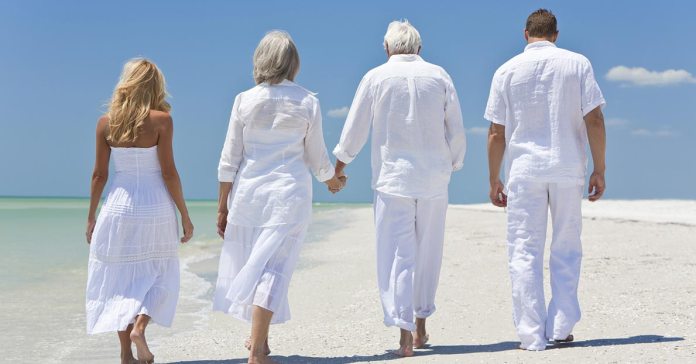Are you guilty of having abused your body in your younger years, smoking, drinking and starving yourself without a care in the world? If you are nodding in agreement, you might be at risk of developing illnesses of the bones like osteoporosis. Let’s have a look at a few simple ways you can take care of your bone health before it’s too late.
1. Know Your Current Bone Health

The first thing to do before you even think of doing anything about your bone health is, to figure out where you stand in terms of bone-health. There are a few tests that can help you figure that out. One of them is a software program known as FRAX (Fracture Risk Assessment Tool) which will help your physician assess your risk of developing osteoporosis over the next decade, taking into account your current lifestyle, genetic history and other risk factors.
Another test that your physician will need to do is the DEXA scan, which is a painless, fast and inexpensive way to know the density of your bone, which will help predict your risk of developing osteoporosis.
2. Get Enough Calcium

Nearly all the calcium that your body needs for functions like blood clotting, muscle and nerve function, is stored in your bones. And women lose 20% of this calcium with the onset of menopause because of a dip in estrogen levels in their body. Which is why women over 50 need to get 1200 mg of calcium daily. And the best sources of it are fat-free dairy products like milk, yogurt, ice cream and cheese. Even calcium supplements can be used to take care of any deficiencies. But care needs to be taken with this supplement as overdoing it and going above the daily recommended dosage can cause constipation, kidney stones and interfere with the absorption of other vital minerals in the body.
3. Get Enough Vitamin D

Vitamin D is essential for the body as without it the body loses 4% skeletal mass every year. Vitamin D helps maintain normal calcium levels in the bones and helps in its absorption. The major source of Vitamin D is through sunlight, but it can be had from other sources like green leafy vegetables and fortified dairy products. But getting enough sunlight is important as it triggers Vitamin D production in your body. But if there isn’t enough sunlight where you live, you will need a Vitamin D supplement.
4. Eat Those Vegetables

For good skeletal health, 5 servings of fruits and vegetables is essential every day, as they are high in nutrients like magnesium, potassium, Vitamin C, Vitamin K and many B vitamins. These nutrients help the cells absorb calcium, help cells regenerate and also strengthen the bones. A few calcium rich foods include broccoli, cooked spinach, orange juice, kiwi and dry figs.
5. Quit Smoking

Here’s another reason to kick the butt! Nicotine in cigarettes doesn’t just lead to bone loss, it also has a toxic effect on the bone-forming cells and is seen to lower estrogen levels in women which results in a reduction in bone density.
6. Drink In Moderation

If you’ve been quite the wild child in your adolescent and teenage years, and drank heavily, you may have caused irreversible damage to your bones, as that happens to be critical bone-building time. But moderate drinking isn’t just safe for your bones, it actually protects them, especially in postmenopausal women by suppressing breakdown of bones to release minerals to be used in other functions of the body. So, you now have a good reason to enjoy a glass of wine with dinner!
7. Beef Up A Bit

A little extra weight helps protect your bones! The extra weight doesn’t just protect your bones if stumble and fall, research suggests that a low body weight is associated with a low bone mass and increases the risk of fractures. So, if you’re naturally skinny, you should think of gaining a few pounds to protect your bones.





